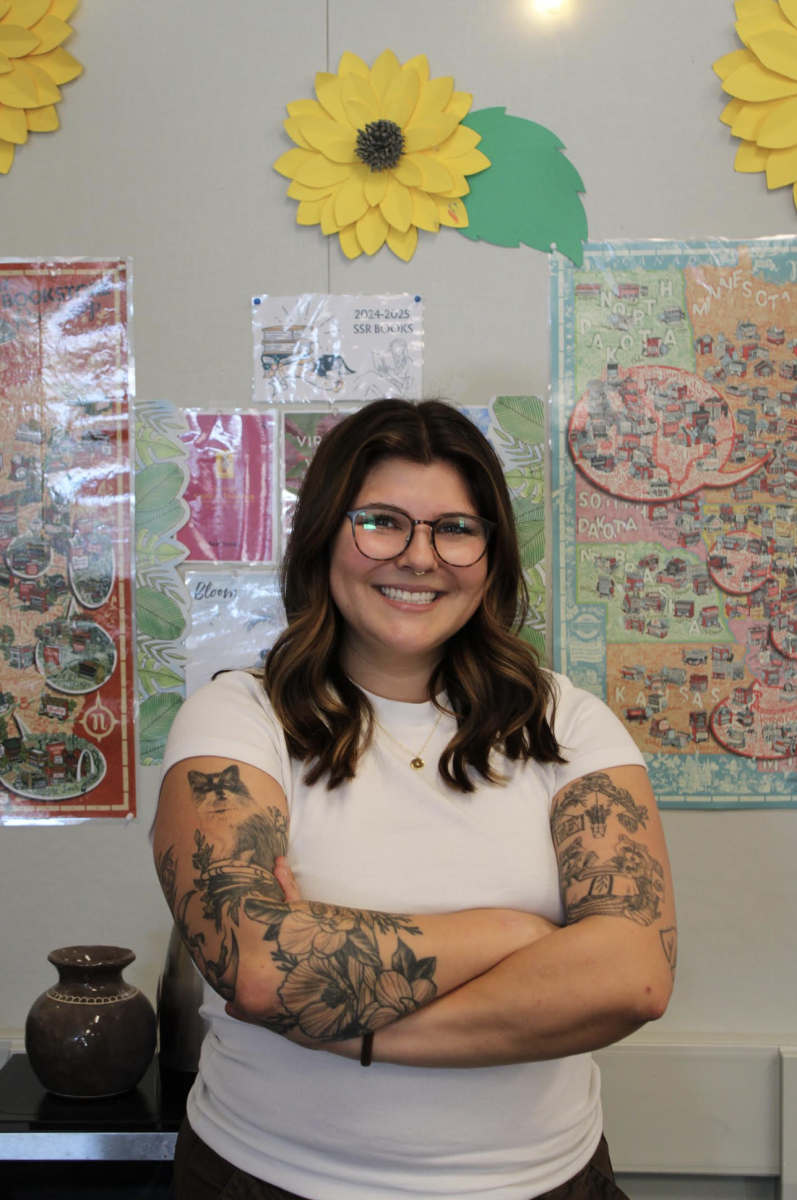With 7,000 documented languages that are integral to countless unique cultures, languages have been a significant part of cultural identity. Yet, over half of these languages are endangered, with 1,500 of them predicted to be extinct by the end of the century, according to the World Economic Forum. The impact of this loss can profoundly affect one’s connection to their culture. For students, speaking their native language can help them embrace their identity. However, the ability to speak one’s mother tongue has become less popular among youth, leading to a cultural disconnect many students face.
The main causes that prevent the younger generation from learning their native language are integration into American culture — regardless of whether the pressure to assimilate comes from students or parents — and lack of practice.
Rejecting heritage culture is often due to yearning for social acceptance. Students are pressured to assimilate, which leads to heritage, language and culture loss, according to UCLA Psychology.
More often than not, students do not learn their native language because their parents are hesitant to teach them. A common misconception held by many immigrant parents is that teaching their children their native language results in confusion and hinders their child’s ability to succeed and fit in. FHS biology teacher Mary Haddad explained why her mother did not teach her Spanish.
“She thought she was protecting me by naming me Mary instead of Maria,” Haddad said. “And she didn’t worry much about the fact that I lost my Spanish, and she was like, ‘That’s probably for the best.’”
By not learning their native language, children are ultimately left with the only option of speaking the dominant language. In addition, as children grow up, they become increasingly exposed to the dominant language and culture, which subconsciously makes them neglect their heritage. From an early age, students lose the ability to speak their native language due to constantly speaking English in class, and not practicing their native language as much. As the immigrant population in certain cities grows, so do the number of languages. However, by the third generation of immigrants, these languages are typically lost, according to the Calgary Journal.
Having the ability to speak one’s native language can affect how secure a person is in their cultural identity. For instance, languages can be prominent in oral traditions, religious scriptures and communication in communities. FHS literature and ELD 3 teacher Aisha Lomando shared how being able to communicate with others in Spanish gives her a sense of a deeper bond within the community.
“Because of the language, you do think differently,” Lomando said. “There’s certain things you can express in the native language of a culture, and the nuances of that are not always fully captured when you translate it. I think there’s just the whole mindset that comes with the language. And I can understand not just what people are saying, but I can understand more of where people are coming from in my culture, having the linguistic connection.”
Thus, alienation towards family and community can be formed if an individual cannot speak their native language. FHS freshman Ella Ahn spoke about how she feels a disconnect between her family and culture.
“I think language is probably the biggest part of most cultures,” Ahn said. “My grandparents basically only speak Korean, so it influences how close I am with my extended family. I definitely do feel more disconnected from my culture, especially when I visited Korea I felt more like a tourist.”
The impacts of not being able to speak a native language varies from feeling excluded to being judged by others. For instance, insults such as “no sabo kid” exist, toward people who are of Hispanic heritage, but cannot speak the language. For those trying to learn their language, negative comments can lead to intimidation and a broken relationship with their culture.
Languages are significant in many cultures and are tied to people’s identities. However, there are more aspects to a culture than just the language itself. Lomando expressed how students who are not able to speak their native language should not feel excluded from their culture.
“The actual values and traditions of your culture are really more important than just knowing the language, but I would encourage [students], if it’s important to them, to try and learn some of the language,” Lomando said.





















